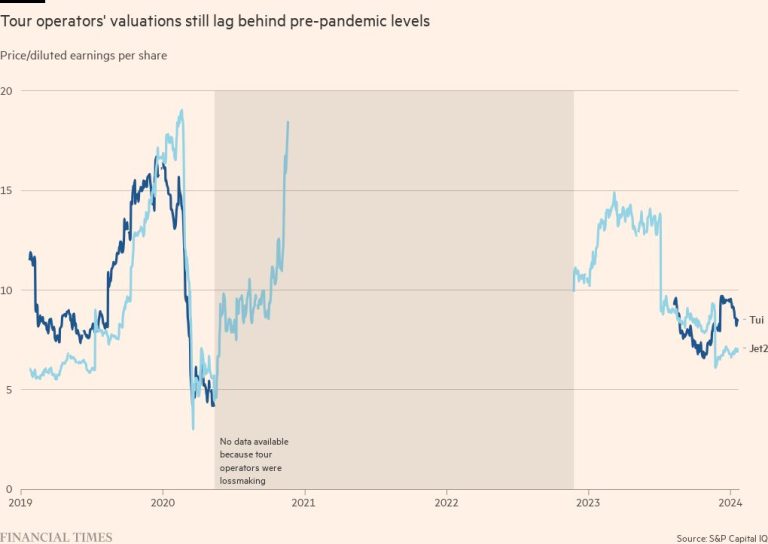Receive free Financial & markets regulation updates
We’ll send you a myFT Daily Digest email rounding up the latest Financial & markets regulation news every morning.
Switzerland’s market regulator, Finma, is too weak to adequately handle banking crises, according to a government-appointed panel of financial experts tasked with analyzing the near-collapse of Credit Suisse.
The Swiss government should urgently explore changes to the law to equip the watchdog with greater powers, the committee of eight academics, bankers and former regulators concluded in a 98-page report delivered to the Swiss finance ministry on Friday.
Finma lacks teeth in comparison with international peers and struggles to enforce its will on the country’s banking sector, the report said, in what is the first official, public analysis of the crisis that nearly sunk the country’s second-largest bank in March.
Even though Finma observed scandals, a share price plunge and an erosion of credit ratings at Credit Suisse, the bank’s management was “recalcitrant” in the face of regulatory scrutiny, the report stated.
Unless Finma declared the bank “non viable” — a designation considered to be a nuclear option — the authority had no power to compel management or strategic changes under its charter, it added.
With UBS’s takeover of its former rival — a deal that has created a banking behemoth that dominates the Swiss market — the need to bolster Finma’s authority is greater than ever, the report warned.
It recommended that several new powers be granted to the regulator.
These would include the ability to issue fines, a penalty it is currently unable to impose on banks.
Finma is the only regulator in a leading global financial center that does not have the power to levy financial penalties. As a result, many banks do not take it seriously, the report said.
It also called for Finma to be able to “name and shame” banks and individuals subject to enforcement proceedings. Under Switzerland’s existing laws, which remain tilted heavily in favor of discretion, Finma is permitted only to publicize details of financial misdemeanours or infringements in the most egregious of circumstances.
Publicizing financial abuse would have a positive “disciplining effect” on institutions, the report said, noting that regulators in the US and UK publish information on almost every enforcement decision they take. At present the Swiss public “can be unaware of a bank’s unsafe statue” as a result.
The report also recommended legal changes to make it harder for banks to challenge Finma when the regulator does order institutions to make changes. It notes that, at present, if a bank decides to contest a Finma order, the legal process means it can take years for Finma to obtain a ruling from the Supreme Court forcing compliance.
The committee held 27 interviews with senior figures involved in the Credit Suisse crisis. These included the top managers of Credit Suisse and UBS, politicians, the heads of central banks and Finma’s peer regulatory bodies in other countries.
The Swiss government is expected to recommend a package of financial market reforms in response to the crisis in the coming months.
A special parliamentary committee of inquiry is also about to begin a probe into picking apart the crisis, equipped with powers of subpoena.












+ There are no comments
Add yours